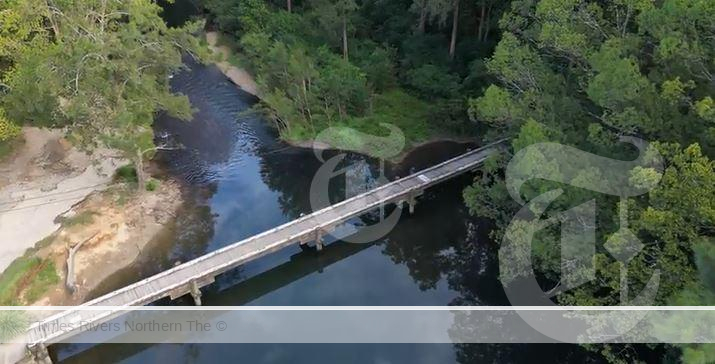Join the Coffs Coast Water Check
A unique collaboration between the City of Coffs Harbour and the University of New England (UNE), headquartered in Armidale, is actively monitoring the health of local waterways. Now, residents have the opportunity to contribute to this vital scientific endeavour.
Specialists have been diligently gathering and analysing data from a variety of creeks and lakes including Bonville, Pine, Boambee, Newports, Coffs, Moonee, Darkum, Arrawarra, Corindi, and Saltwater, as well as Hearnes and Woolgoolga lakes. Their assessments encompass water quality, riverbank vegetation conditions, and the distribution of aquatic life.
“This information gathering initiative on water quality empowers not only the City but also other governmental bodies to make informed decisions regarding the management and preservation of our natural resources,” remarked Chris Chapman, City of Coffs Harbour’s City Planning and Communities Director.
The longstanding partnership between the City and UNE, spanning a decade, has led to the inception of ‘Ecohealth’, a comprehensive monitoring and reporting program focusing on estuaries and freshwater catchments. In a new development, residents now have the opportunity to contribute observations through a dedicated community portal on the Ecohealth website.
“This addition is a significant step forward, as local residents possess a unique connection to their neighbourhood creeks,” emphasised City of Coffs Harbour Mayor, Cr Paul Amos.
As the project continues to evolve and collect data through regular sampling, the recent ‘report card’ for the Coffs Coast has rated the water quality as ‘good’. The Ecohealth project receives additional support from the City of Coffs Harbour through the Environment Levy program, with grant nominations for 2024/25 projects currently open.
Regardless of whether they identify as citizen scientists or not, Coffs residents can actively contribute to the well-being of their local waterways by implementing the following measures:
- Implementing measures to control and manage stock access to streams, such as fencing riparian areas and providing off-stream stock watering points and shade access.
- Minimising nutrient and pollutant runoff into streams by reducing the use of fertilisers, chemicals, or cleaning products.
- Preserving and nurturing well-vegetated riparian areas, especially by maintaining deep-rooted native species that aid in stabilising streambanks.
- Rehabilitating streambanks that have undergone clearance or depletion of riparian vegetation, utilising a variety of suitable local native plant species.
- Retaining woody debris and natural rock formations in waterbodies.
- Effectively identifying and managing weeds.
- Avoiding littering and ensuring all rubbish is properly disposed of.
- Promptly reporting any instances of rubbish dumping to the City of Coffs Harbour, as dumping garden waste is a primary cause of weed proliferation.
- Adhering to designated paths in recreation areas to minimise soil erosion, compaction, and damage to native vegetation.
For more National Australia News, visit here.





 Tweed Shire News2 years ago
Tweed Shire News2 years ago
 Motoring News1 year ago
Motoring News1 year ago
 COVID-19 Northern Rivers News3 years ago
COVID-19 Northern Rivers News3 years ago
 COVID-19 Northern Rivers News3 years ago
COVID-19 Northern Rivers News3 years ago
 Northern Rivers Local News3 years ago
Northern Rivers Local News3 years ago
 Health News3 years ago
Health News3 years ago
 COVID-19 Northern Rivers News3 years ago
COVID-19 Northern Rivers News3 years ago
 NSW Breaking News3 years ago
NSW Breaking News3 years ago
























